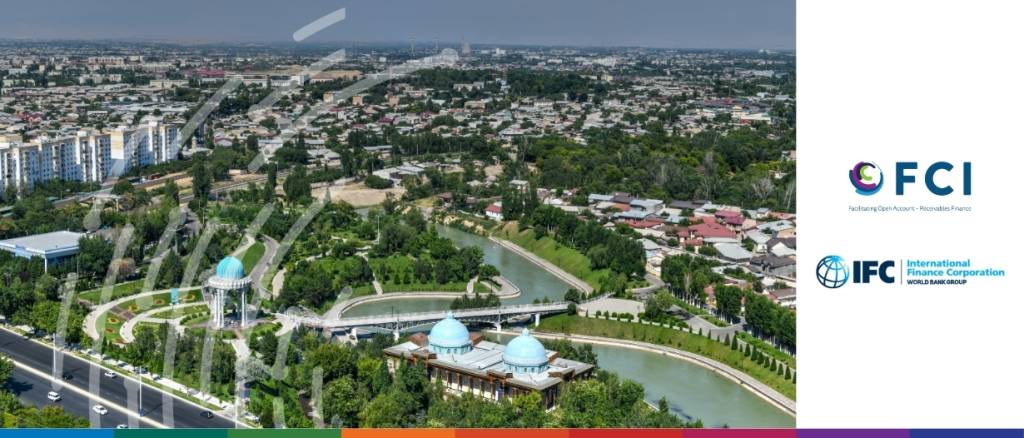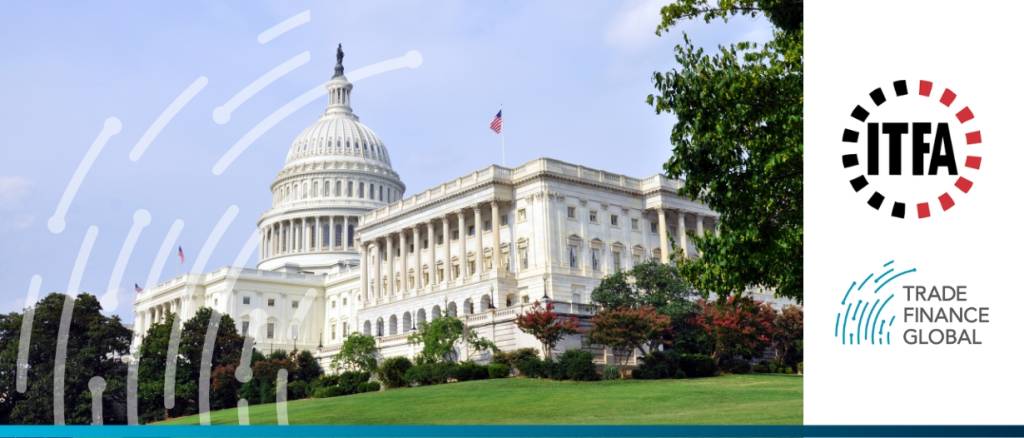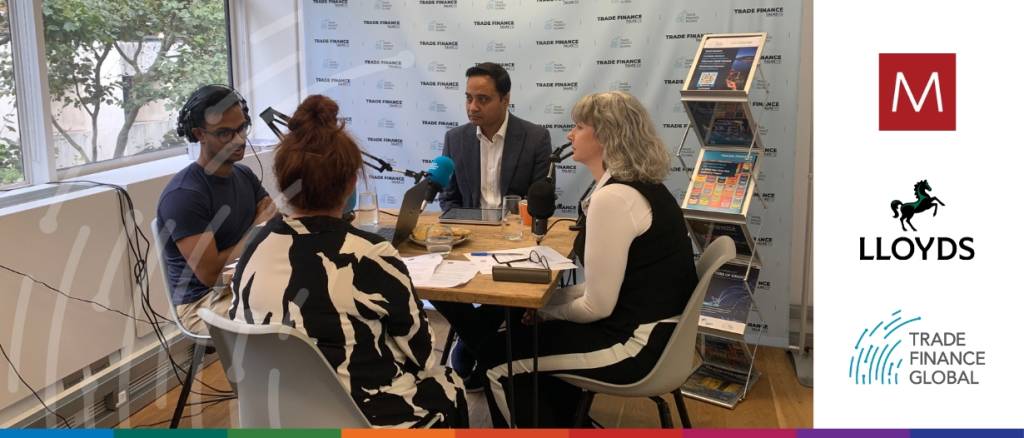Since 1999, the Malaysian government has introduced several initiatives to modernise its procurement processes and enhance economic inclusivity. Among these is the e-Perolehan system, which translates to the e-Procurement system, also known as “eP”.
As the year winds to a close we’re revisiting our predictions to see how well they measured up to reality. Let’s dive in!
Small and medium-sized enterprises (SMEs) are the backbone of any national economy, a characteristic that is pertinent in Uzbekistan. Not only do SMEs account for almost 50% of the national GDP, but they also employ almost 80% of the workforce—the biggest source of employment in a nation where unemployment is high, at around 7%.
. At the inaugural Trade Finance Conference of Parties (TF COP) in Washington, DC, ITFA unveiled the Washington Declaration, a proposal calling on the United Nations (UN) to recognise the… read more →
COP29 has earned the nickname “finance COP” for its discussion on regulations, investment, and ways to finance the green transition, especially for small and medium-sized enterprises (SMEs) and developing countries. … read more →
The International Trade Centre (ITC), the UN agency for small businesses, has just released their NDC 3.0 guidelines. Announced yesterday at COP29 in Baku, Azerbaijan, the guidelines provide a way for countries to practically support small and medium-sized enterprises (SMEs) in achieving national climate goals.
Vietnam has established itself as a major trade player in Southeast Asia. In 2022, the country’s trade-to-GDP ratio reached an impressive 185%, according to the World Bank collection of development… read more →
The Joint Declaration on Baku Climate Coalition for SMEs Green Transition should help small businesses fully engage in the shift to sustainable business models ahead of COP30 in Brazil next… read more →
Read the Bahasa Indonesia version here With 64 million MSMEs, spanning from agriculture to essential services, these businesses constitute 60.5% of Indonesian GDP and employ 97.0% of the workforce. However, their… read more →
Listen to this podcast on Spotify, Apple Podcasts, Podbean, Podtail, ListenNotes, TuneIn Inefficiencies inherent in paper-based trade documentation have long posed obstacles to businesses. However, the enactment of the ETDA in September 2023, designed to address… read more →
























